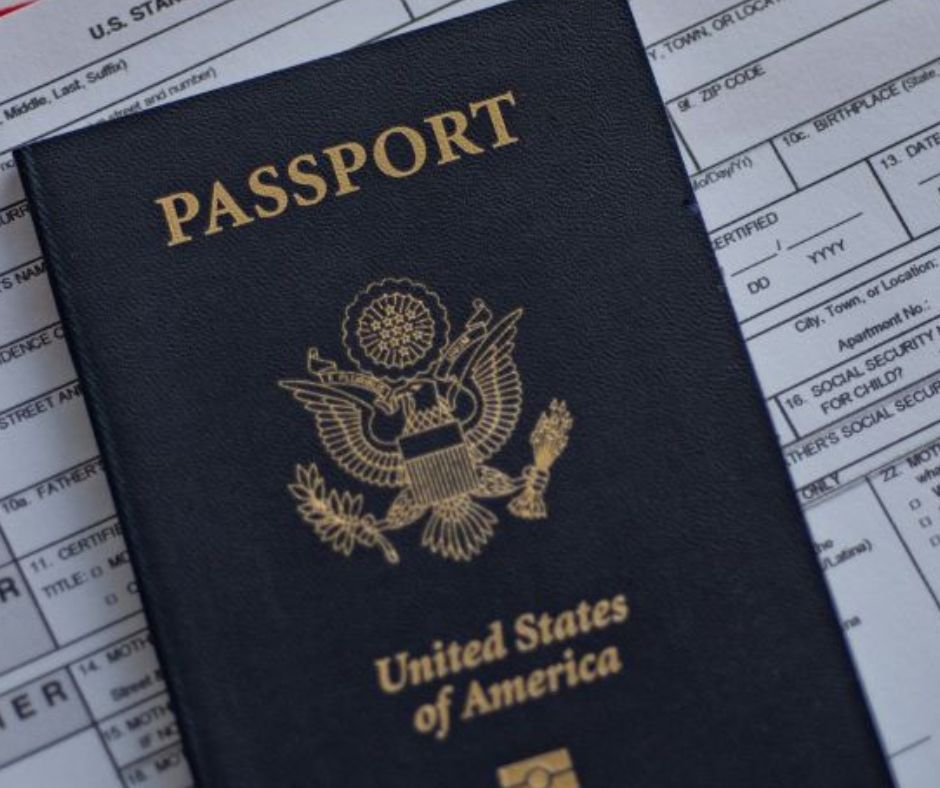
Coming to or remaining in the United States without government permission violates U.S. immigration law and typically results in losing your right to immigration benefits.
This rule can seriously harm many noncitizens who would otherwise qualify for lawful permanent resident (LPR) status.
If you fall into this category, you may be able to convince United States Citizenship and Immigration Services (USCIS) to waive your ineligibility through Form I-601A, Application for Provisional Unlawful Presence Waiver.
Provisional waivers of unlawful presence rely on convincing USCIS not just that it can grant you a waiver—but that it should grant the waiver. Hiring an experienced immigration lawyer can make all the difference in getting your waiver.
The immigration team at EMP Law does not shy away from challenges. Contact us online or call (336) 724-2828 today if you need help requesting a provisional waiver of unlawful presence.
What Is Unlawful Presence?
By entering the U.S. without presenting yourself to U.S. authorities (entry without inspection or EWI), you become unlawfully present. You also become unlawfully present if you remain in the U.S. after your authorized stay expires.
You accrue unlawful presence over time. Each day you remain within U.S. borders without legal authorization is combined to determine the length of time you were unlawfully present.
To qualify for a green card, you must not be inadmissible or deportable. Accruing unlawful presence by living in the U.S. without inspection makes you inadmissible. Accruing unlawful presence by remaining in the U.S. after violating the terms of a nonimmigrant visa or after your nonimmigrant visa expires makes you deportable.
What Are the Consequences of Unlawful Presence?
If you accrue unlawful presence, the consequences depend on how long you were unlawfully present:
- Between 1 and 179 days—there is no ban on reentry;
- Between 180 days and 365 days—you would get a 3-year ban on reentry; and
- One year or longer—you would get a 10-year ban on reentry.
If you are banned, you need USCIS to waive your unlawful presence before you become eligible for a green card.
What Is an Unlawful Presence Waiver?
When USCIS grants an unlawful presence waiver, it declares that the unlawful presence you have already accrued no longer counts against you. You should only request an I-601A waiver if you are within U.S. borders. If you are outside the U.S., you instead use Form I-601, Application for Waiver of Grounds of Inadmissibility.
How Do Qualify for a Provisional Unlawful Presence Waiver?
You may be eligible for a provisional waiver if:
- You have a qualifying U.S. citizen or LPR relative;
- USCIS has approved an immigrant visa petition on your behalf;
- Your qualifying relative will suffer extreme hardship without you;
- Your case warrants discretionary approval; and
- You are in the process of obtaining a green card from the U.S. Consulate or Embassy;
If you are currently in removal proceedings, you only qualify for a waiver if the judge were to administratively close those proceedings.
Qualifying Relative
Qualifying relatives include LPR and U.S. citizen spouses and parents. In other words, typically, you must be the child or spouse of a U.S. citizen or LPR to receive a provisional waiver of unlawful presence.
Approval of Immigrant Visa Petition
Before you qualify for an unlawful presence waiver, you need USCIS to confirm you may be eligible to receive a green card through an immigrant visa petition. Typically, your qualifying relative sponsors you and submits Form I-130, Petition for Alien Relative, to meet this requirement.
You may also qualify for a waiver based on an approved Form I-140, Immigrant Petition for Alien Worker, or Form I-360, Petition for Amerasian, Widow(er), or Special Immigrant. If your qualifying relative is not also your green card sponsor, you must submit proof of their U.S. citizenship or LPR status and their relationship to you with your Form I-601A.
Extreme Hardship
USCIS considers several factors to decide whether your qualifying relative will suffer extreme hardship, including evaluating how your absence will affect their:
- Health,
- Finances,
- Education,
- Personal and family circumstances, and
- Social and cultural circumstances.
Extreme hardship requires more than just inconvenience or economic difficulties. It requires specific significant harm that would result if you had to leave the country.
Discretionary Approval Factors
USCIS has broad discretion to approve or deny an I-601A.
Factors USCIS considers in exercising its discretion include the following:
- Your ties to the U.S.,
- Extreme hardship you or others may experience,
- How long you were unlawfully present,
- Your history of following or not following the law,
- Immigration violations beyond unlawful presence, and
- Whether you have been unlawfully employed in the U.S.
To convince USCIS to exercise its discretion, you ideally want to show that you are a law-abiding person with close ties to the U.S.
In the Process of Obtaining a Green Card
You should only apply for an I-601A waiver when you are in the process of obtaining a green card from the U.S. State Department. Per the instructions for USCIS I-601A, you are in the process of obtaining a green card when USCIS has sent your approved immigrant visa petition to the State Department, and you have paid the State Department’s immigrant visa processing fee. The next step is to schedule an interview at the consulate.
Scheduling the Interview
Generally, the State Department notifies you when it is time for you to pay the processing fee based on when an immigrant visa will become available to you. Because of the delayed timelines in many cases, there may be a gap of months or even years between when USCIS approves your immigrant visa application and when you become eligible to schedule your interview. Consult the visa bulletin for questions about how long you may have to wait.
Once you have paid the fee, you can schedule your interview at your consulate. At the interview, a consular officer reviews your case and may rely on an approved Form I-601A waiver to bypass questions they have about your history of unlawful presence.
What Do You Do with a Provisional Unlawful Presence Waiver?
When you attend your interview at the U.S. Consulate, the consular officer can rely on the provisional waiver to bypass the need to decide whether to count your unlawful presence against you. The waiver, therefore, makes getting your green card easier and faster.
USCIS may revoke your provisional waiver if the visa process ends or you commit an additional immigration violation. And, even if USCIS grants your I-601A request, the State Department may still deny you a green card if it concludes you are inadmissible for any other reason.
Get Help Applying for a Waiver for Unlawful Presence
You might have additional questions, like, How long does it take for an I-601A waiver to be approved? USCIS’s Form I-601A processing times currently average over three years. Therefore, coordinating your application alone can be challenging.
Each case is unique, and the specific circumstances determine whether you meet the criteria for a provisional waiver. If you have questions or need assistance with this process, an experienced immigration attorney from EMP Law can help assess your eligibility and provide guidance on preparing a strong waiver application. Give us a call at (336) 724-2828 or send us an online message today to get started.

